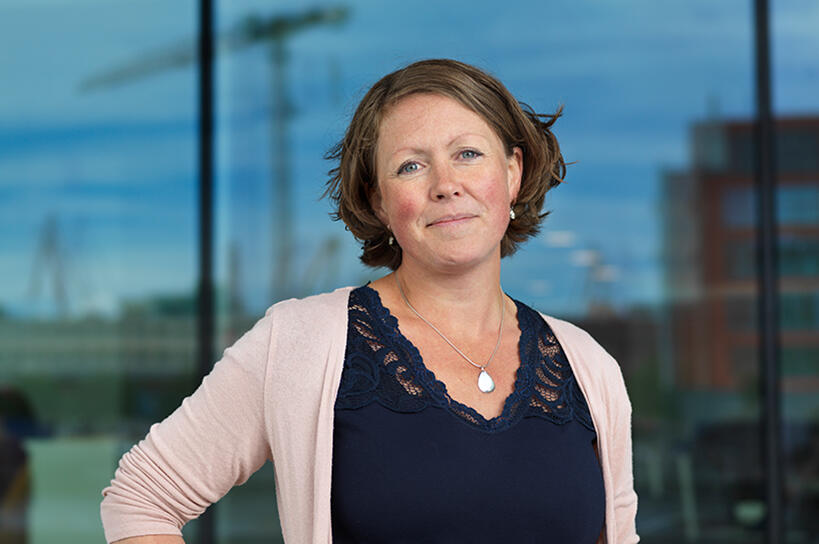Wide Diversity of Project Proposals
Triple F was started up in August 2018 and now the first round of project proposals has come in. There were 22 project proposals with wide-ranging thematic areas and challenges that came into the project office in the middle of May.

Triple F's primary objective is to contribute to Sweden's switch to a fossil-free freight transport system and make a concrete contribution to reduction of CO2 emissions while maintaining strong competitive strength and creating additional value in relation to other research programmes.
The programme has three areas of application: technology, policy and logistics, which together create an overall picture. Policy can be a catalyst for implementation of new technology and new solutions. Moreover, technology also enables new logistics solutions. Development in technology and logistics innovations can also entail the need to review policies in order to overcome obstacles for implementation.
Triple F projects should contribute to the programme's overall objectives and programme idea.
Projects within Triple F will focus on a shift to a fossil-free freight transport system. There are many different potential measures that, in combination, can contribute to the fossil-free conversion. It is important all projects to demonstrate how they contribute to the shift in the short term and long term (2030 and 2045), how they contribute to reduced emissions of CO2 in the short term and long term, the costs that arise for various participants and what their significance can be for Swedish competitive strength. Projects within Triple F should generate results that complement other programmes and contribute to new knowledge that enables the shift.
We posed a few questions to Maria Oscott, Triple F programme director, about the results of the project applications.
How has it gone? Have you received many project proposals?
"It's been great. We have received 22 project proposals that are actually rather diverse in terms of subject areas and challenges! We have project proposals for approximately twice as much money as we have a budge for, so we hope that we can find a couple of gems."
It's great that you have received so many. How will you proceed in selecting the ones that will advance to the next stage?
"We have an independent quality review group that has studied all the applications and evaluated them with respect to a number of criteria for the programme. Moreover, the postgraduate study council has given their perspective on applications that include a doctoral candidate position. Those of us in charge of the programme have since discussed and developed a project portfolio based on the documents we received and then proposed it to our board. The board's decision will then be sent onward to the Swedish Transport Administration, who will make the ultimate decisions on approval and rejection of the applications we received. In the middle of June we expect to be able to notify the applicants of the decisions."
When does the next application process start?
"We aren't actually working with applications in the traditional sense. We will already begin the discussion within the consortium in order to find the best proposals for projects before the end of the year. The goal is to discuss proposals across various participants and disciplines. We also hope to be able to develop a very good proposal for next year - preferably projects that are disruptive in character, but with the actual goal of contributing to the shift to freedom from fossil fuels! The deadline for application proposals before year 3 of activities is set for the beginning of April 2020."
